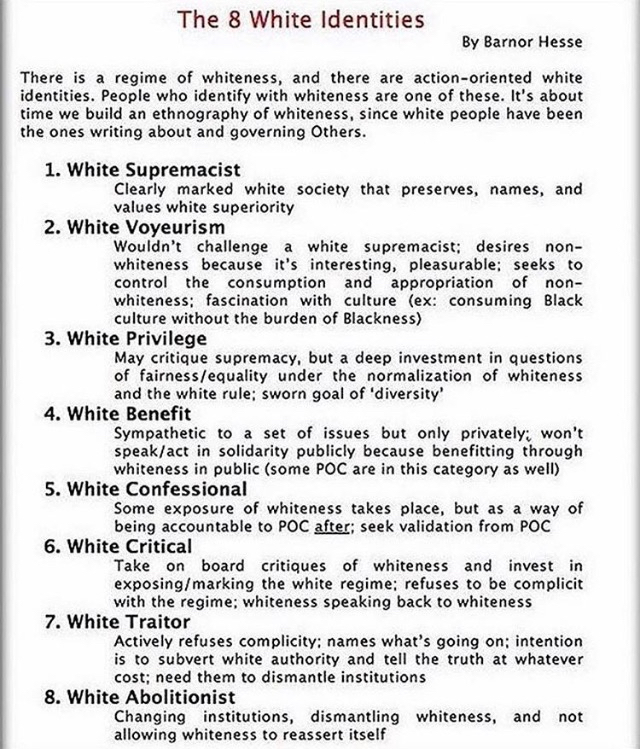Human beings are desperate to belong and our desire to be located in tribes is immensely powerful.
To what do we pay greatest allegiance? Family, language group, culture, country, gender? Religion, race? And if none of these matter, are we urbane, cosmopolitan, or simply lonely? In other words, how do we decide where we belong? What convinces us that we do? Our put another way, what is the matter with foreignness?
— Toni Morrison1
In a relatively abstract tribe like contemporary dance how do we know or recognise that we belong? How do we know or recognise that we don’t belong?
- Morrison, Toni. The Source of Self-Regard: Selected Essays, Speeches, and Meditations. First edition. New York: Alfred A. Knopf, 2019, p.8↩

